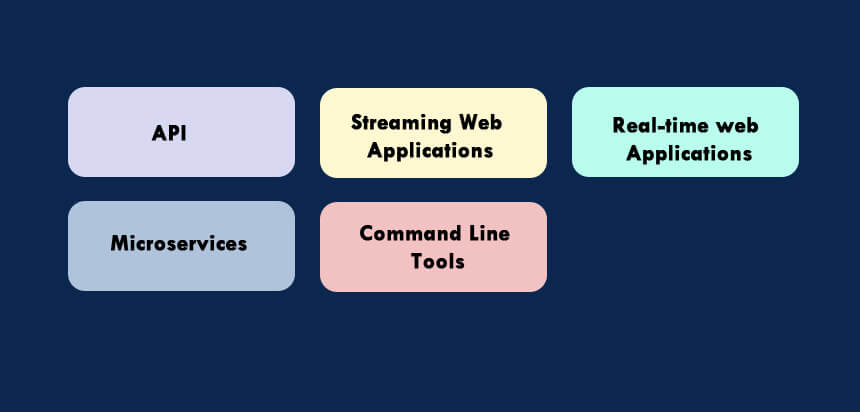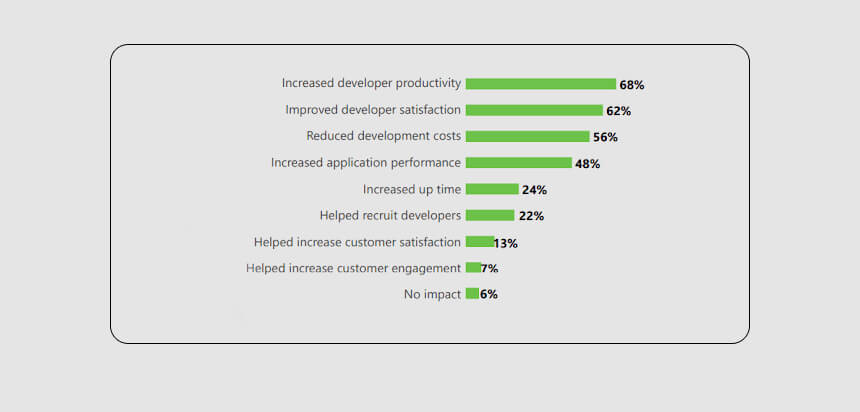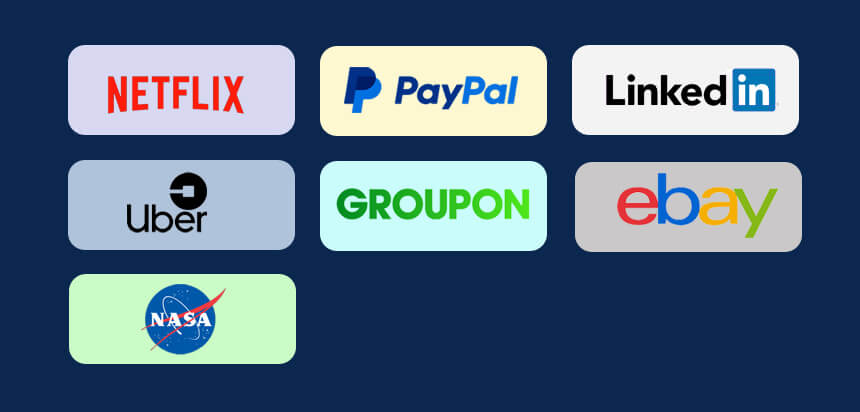Node.js has emerged as one of the most preferred backend technologies for modern web applications. Used extensively in the U.S. and beyond, it powers over 175,398 web applications, including some of the world's biggest platforms.
What is Node.js?
Node.js is a JavaScript-based server-side runtime environment that allows developers to use JavaScript for backend development. This means that developers can build both frontend and backend applications with a single language, simplifying the development process.
Created by Ryan Dahl in 2009, Node.js was first introduced at JSConf EU and has since evolved significantly. It is built on Google’s V8 JavaScript engine and features an event-driven, non-blocking I/O model, making it efficient and lightweight.
Initially available only for Linux and Mac OS, Node.js was later released for Windows, expanding its usability. Today, it is a widely supported open-source framework with a massive community and extensive add-ons.
Why is Node.js So Popular?
Node.js has gained immense popularity due to its high performance, flexibility, and strong community support. According to Stack Overflow’s Developer Survey, Node.js ranks among the most preferred technologies for backend development.

What is Node.js Used For?
Node.js is a versatile technology, ideal for a variety of applications. Here are some of its top use cases:
1. API Development
APIs power modern applications by connecting frontend applications to databases and external services. Node.js has a vast ecosystem of libraries that make it easy to build robust REST and GraphQL APIs.
2. Streaming Applications
Node.js excels in building real-time streaming applications. Platforms like Netflix leverage its built-in streams module to process large amounts of data without storing it in memory.
3. Real-Time Applications
With its non-blocking architecture, Node.js is perfect for real-time applications like chat apps, collaborative tools, and live tracking systems.
4. Microservices
Microservices architecture enables the creation of scalable applications. Companies moving to microservices often choose Node.js for its speed and scalability.
5. Command-Line Tools
Node.js provides a variety of NPM packages for building efficient CLI tools, making automation and scripting easier.

Why Businesses Love Node.js
Scalability and Performance
Node.js is built for scalability, allowing businesses to handle a high volume of requests with minimal infrastructure costs.
Faster Development and Deployment
With reusable modules and a strong developer community, Node.js speeds up development, reducing time-to-market.
Cost-Effective Infrastructure
Because of its efficiency, businesses using Node.js require fewer resources compared to traditional backend technologies.

Companies That Use Node.js
Major companies have adopted Node.js to build highly scalable applications:
Netflix
Netflix reduced startup time from 40 minutes to under a minute using Node.js.
PayPal
PayPal saw a 200ms improvement in page load times after migrating to Node.js.
Uber
Uber uses Node.js to process millions of real-time ride requests efficiently.
NASA
NASA leverages Node.js to improve astronaut safety by processing data 300% faster.

Key Benefits of Node.js Development
- Open-Source NPM Repository: Access to thousands of ready-to-use modules.
- Scalability: Easily scale applications horizontally and vertically.
- Microservices-Friendly: Ideal for distributed and modular applications.
- Single Programming Language: Use JavaScript for both frontend and backend.
- Non-Blocking I/O Model: Efficiently handles concurrent connections.
- Reusable Code: Share code across different application components.
- Faster Time-to-Market: Build and deploy applications quickly.
- Production-Tested: Trusted by top tech giants.
Why Choose Node.js for Your Next Project?
Node.js is an excellent choice for businesses looking to build high-performance, scalable, and cost-effective web applications. If you're considering using Node.js, our experienced Node.js developers can help you bring your vision to life.
For expert guidance and development services, contact us today.

Shivam Sharma
About the Author
With over 13 years of experience in software development, I am the Founder, Director, and CTO of Zestminds, an IT agency specializing in custom software solutions, AI innovation, and digital transformation. I lead a team of skilled engineers, helping businesses streamline processes, optimize performance, and achieve growth through scalable web and mobile applications, AI integration, and automation.
Stay Ahead with Expert Insights & Trends
Explore industry trends, expert analysis, and actionable strategies to drive success in AI, software development, and digital transformation.



